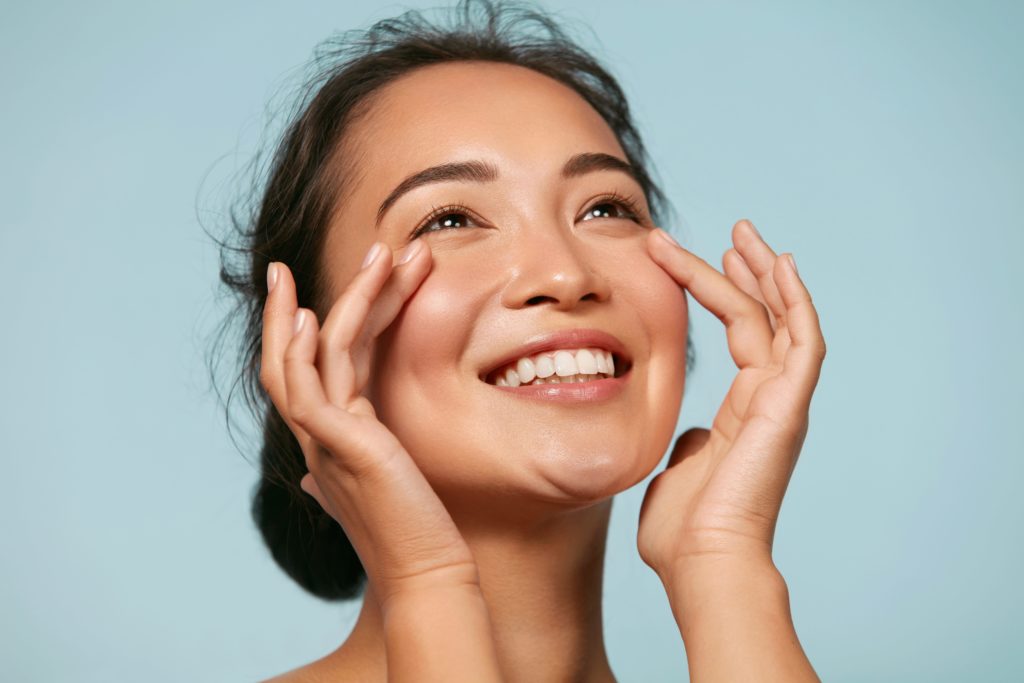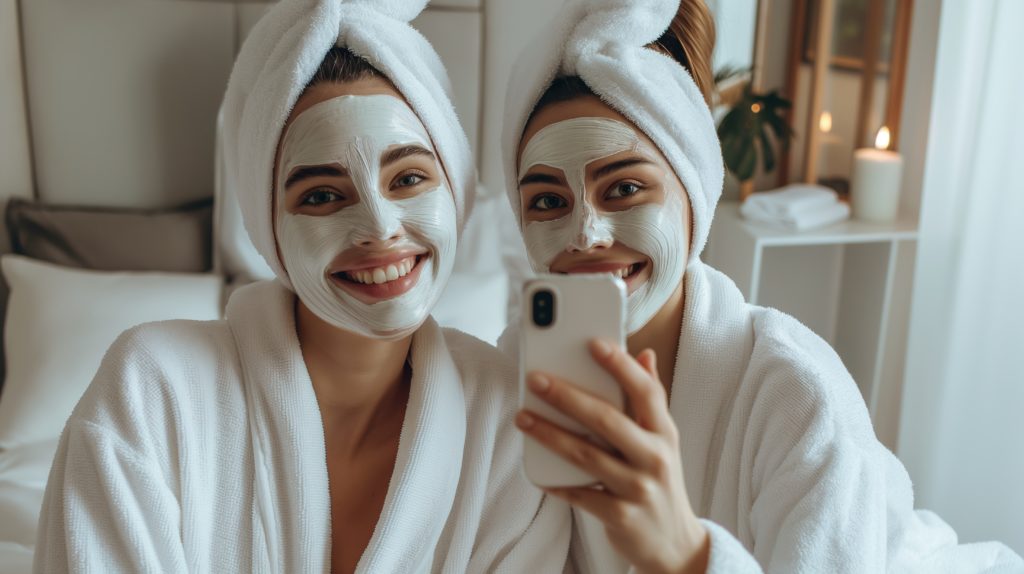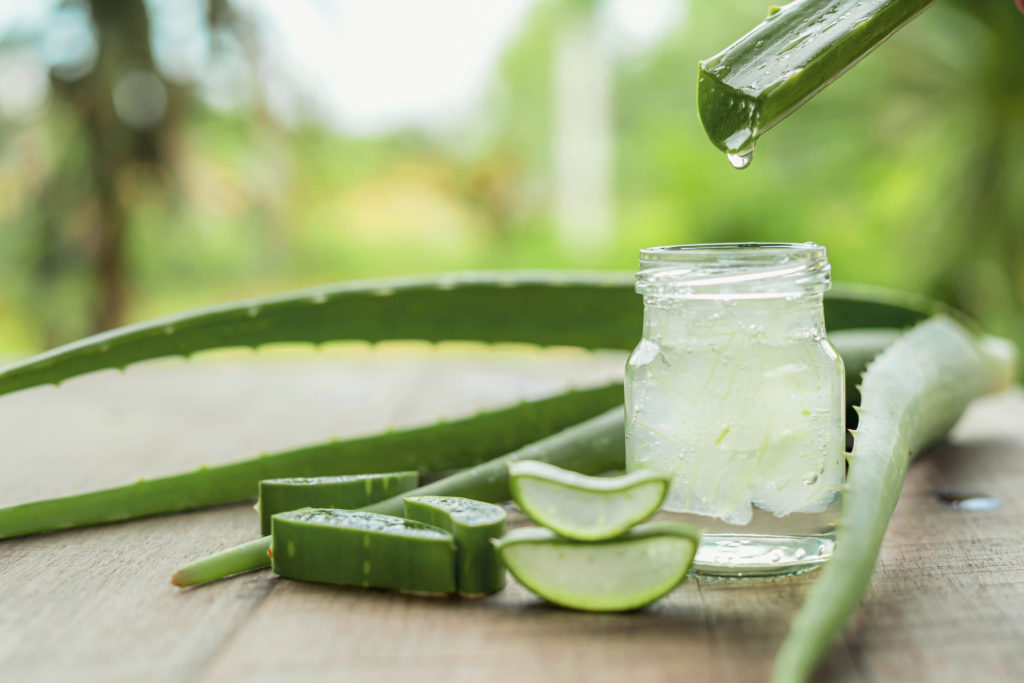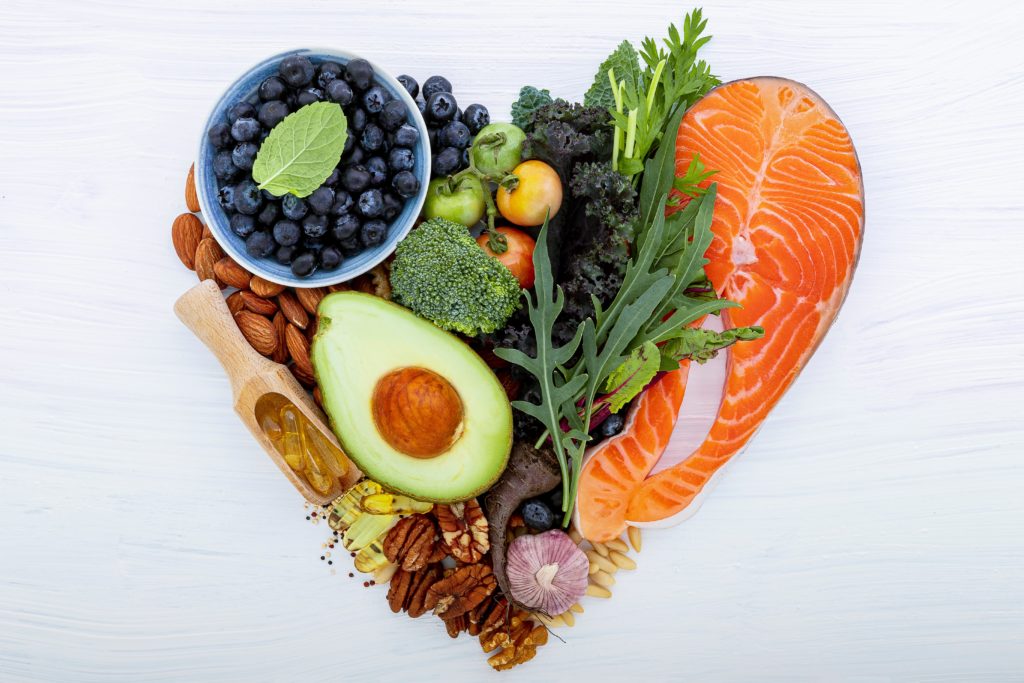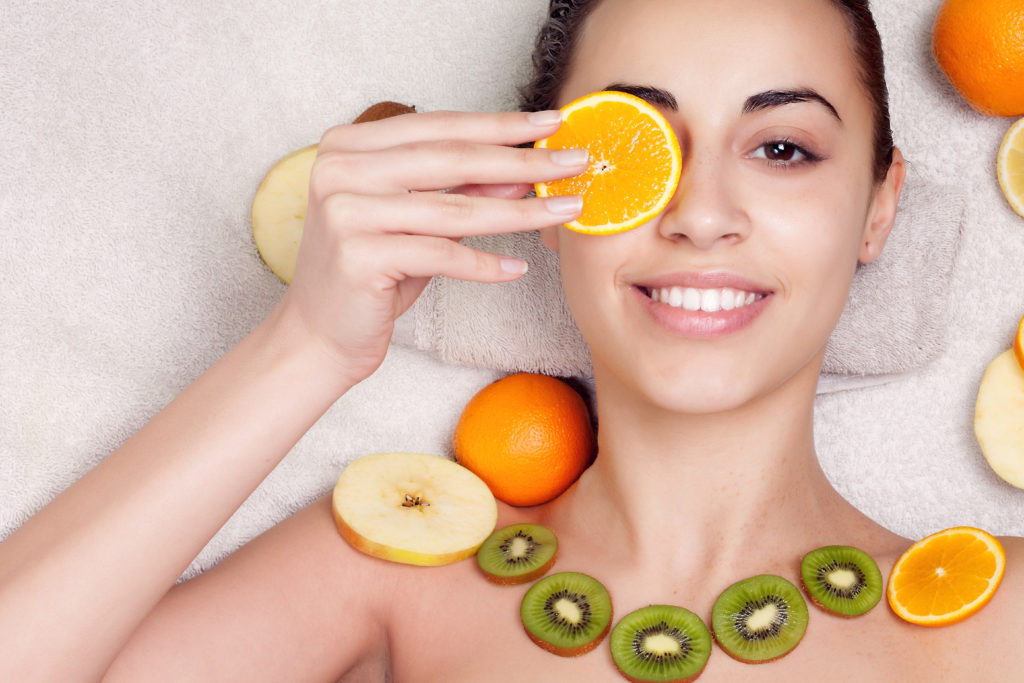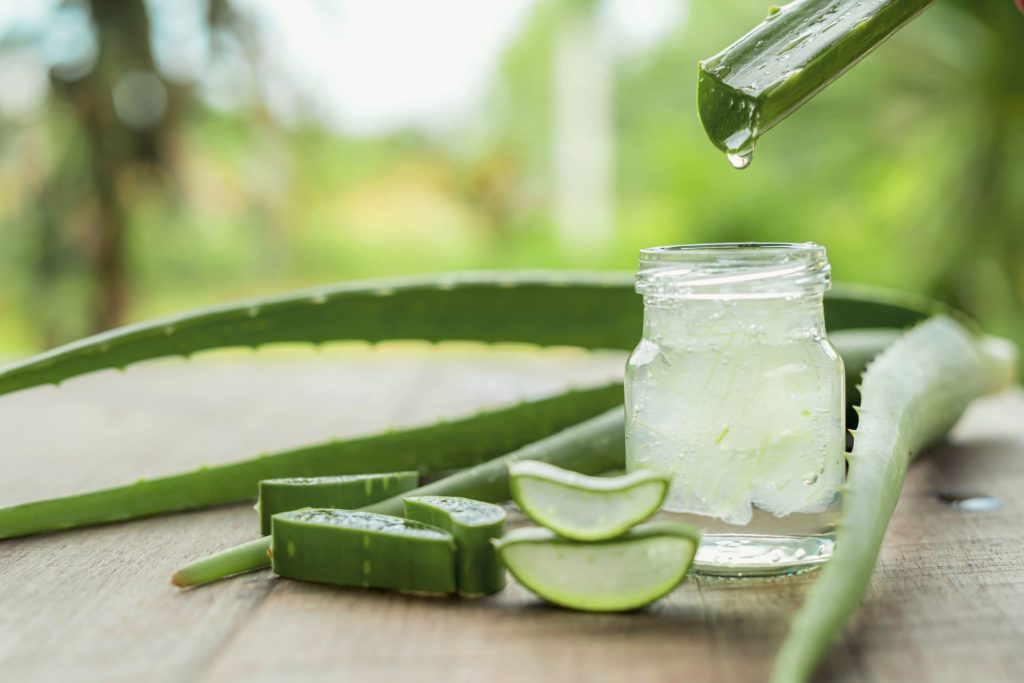Emerging Opportunities in Skin and Nail Health
One in four global consumers express concern about their skin health
FMCG Gurus consumer insights reveal that 25% of global consumers are concerned about their skin health. Younger individuals tend to be more anxious about the appearance of their skin. This is driven by the pressure to succeed personally and professionally. Many in this group believe that physical appearance plays a role in social and career success. This fuels a desire for flawless skin, often shaped by unrealistic or unsustainable beauty standards.

In contrast, older consumers typically show less concern about skin health. For them, signs of aging like wrinkles are often viewed as natural markers of maturity and life experience. Additionally, they may place less importance on appearance-driven goals such as dating. However, in today’s image-conscious society, many assess their health based on what they see in the mirror. Overall dissatisfaction with skin health remains a shared concern. This includes increasing anxiety about both immediate appearance and long-term wellness.
Despite concern, most consumers are not actively addressing skin health
A quarter of global consumers worry about their skin and nail health. However, only 19% are taking steps to improve it. This gap between concern and action indicates a lack of urgency or prioritization. This may lead to worsening satisfaction with skin health over time. Again, age is a factor, young people are more likely to take proactive measures. This can be due to social pressures, while Baby Boomers are the least engaged in addressing skin or nail issues.
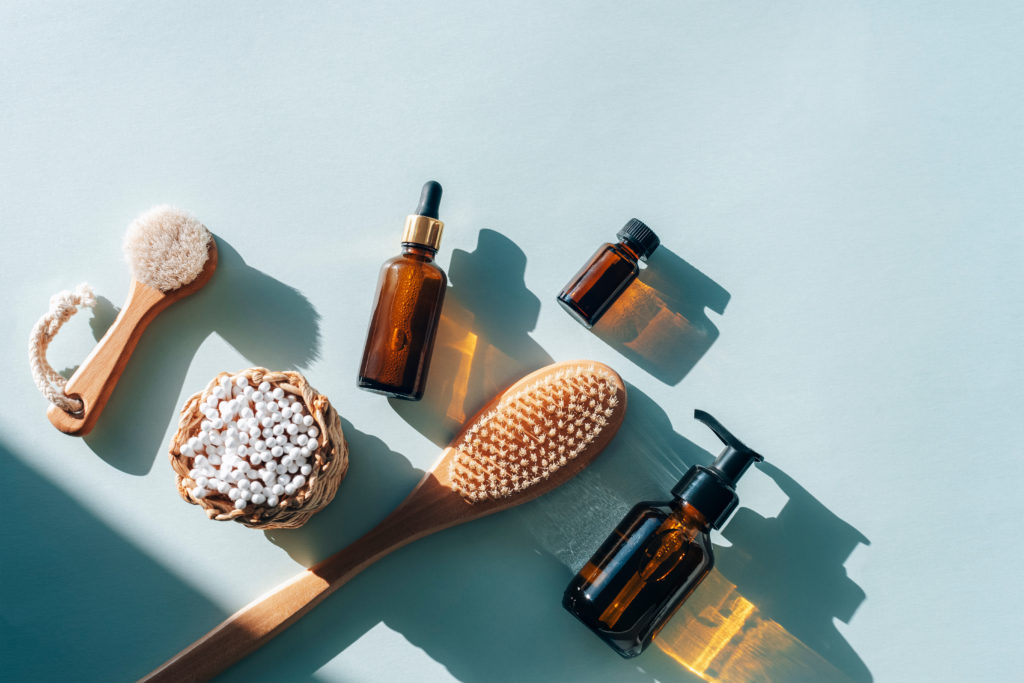
This lack of action can be partly explained by competing wellness priorities. In today’s uncertain climate, many consumers are focusing more on emotional well-being. This suggests a missed opportunity for the skin and nail health industry to draw a stronger connection between healthy skin and mental well-being. For example, by highlighting how good skin can boost energy, confidence, and relaxation. Framing skin care as part of a broader wellness journey could help spark greater consumer interest.
Common skin and nail issues are often lifestyle-related
Skin and nail concerns are widespread. Dry skin concerns are the most commonly reported issue. According to FMCG Gurus', 50% of global consumers define good skin health by the absence of dryness, making this condition a key indicator of satisfaction.
Some factors affecting skin health, such as genetics, aging, or climate, are beyond individual control. However, many contributors are lifestyle-related. Poor hydration, unbalanced diets, late-night screen time, and lack of sleep are all common habits that can negatively impact skin. Consumers are aware of these factors. Many believe they can improve their skin by making healthier lifestyle choices, while ioften without needing to consult a medical professional. This self-empowered approach creates an opportunity for brands to position their products as easy, everyday solutions to common skin issues.
Aloe vera and collagen lead as preferred ingredients for skin health
When it comes to ingredients linked to skin wellness, aloe vera and collagen stand out as the most recognized and trusted options. Aloe vera's popularity reflects the consumer preference for natural, plant-based ingredients perceived as gentle and environmentally friendly. Many shoppers are wary of synthetic or chemical-based products, fearing potential harm to both their skin and the planet. As a result, promoting purity, authenticity, and sustainability in ingredient sourcing and marketing is essential.
Collagen is also associated with skin benefits. This is particularly the case in its role in improving elasticity and maintaining youthful appearance. However, there is room to expand consumer understanding of collagen’s broader advantages, such as supporting joint, bone, and immune health. Educating consumers about these additional benefits can enhance collagen’s appeal and strengthen its position in the growing skin and nail health market.
Discover more with FMCG Gurus’ Trend Report: Exploring New Opportunities in Skin and Nail Health – 2025. For more details, contact us at info@fmcggurus.com.


